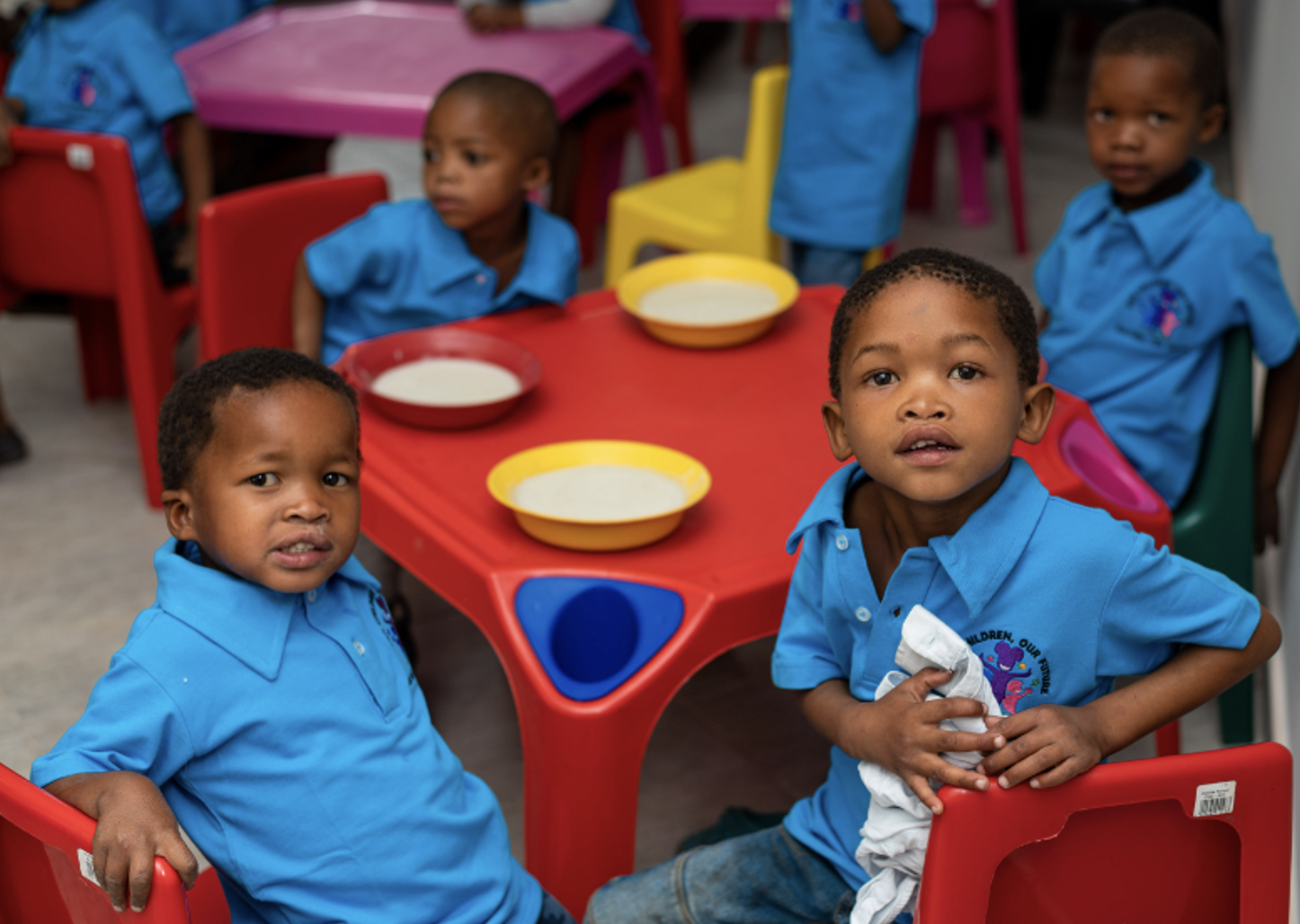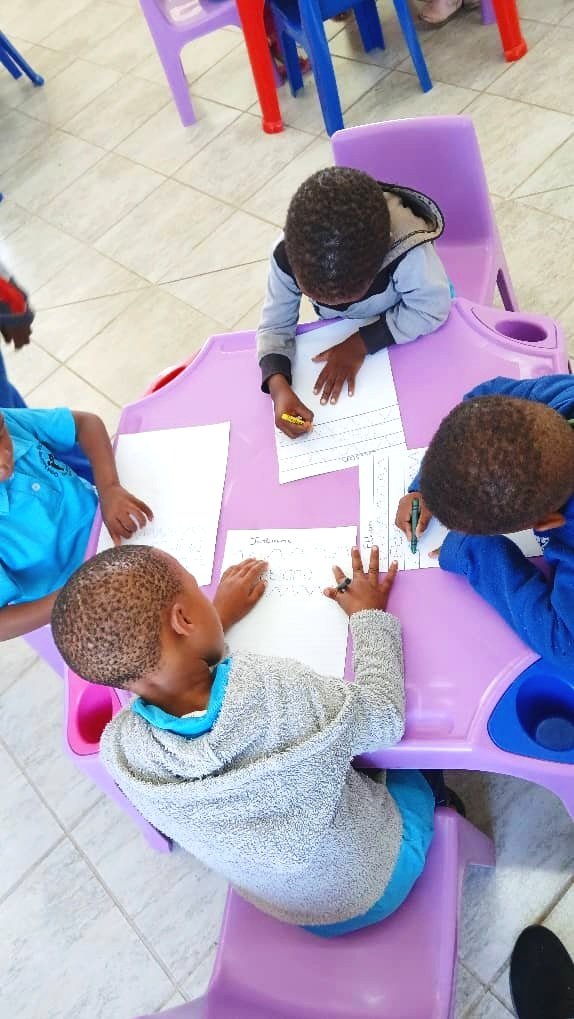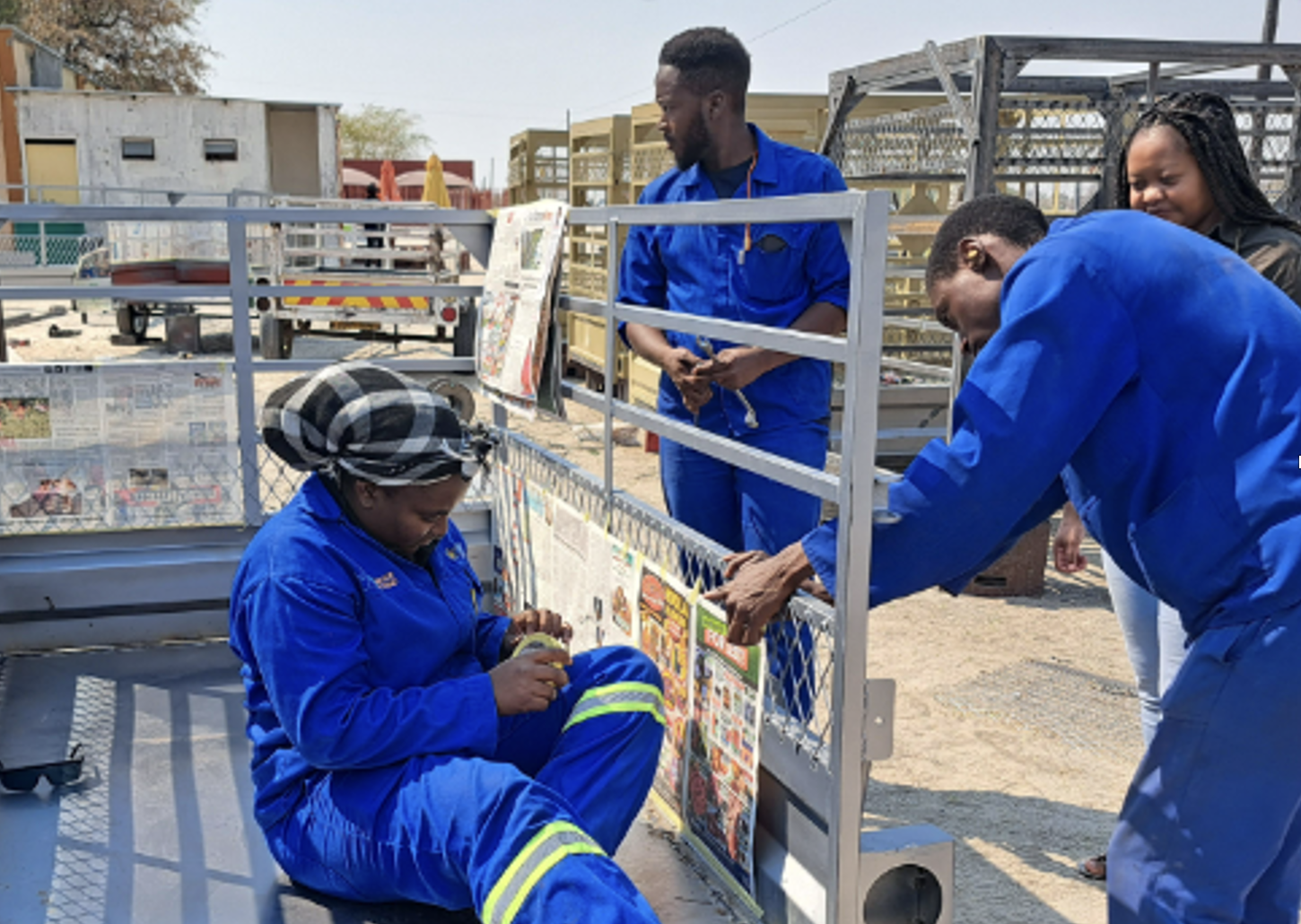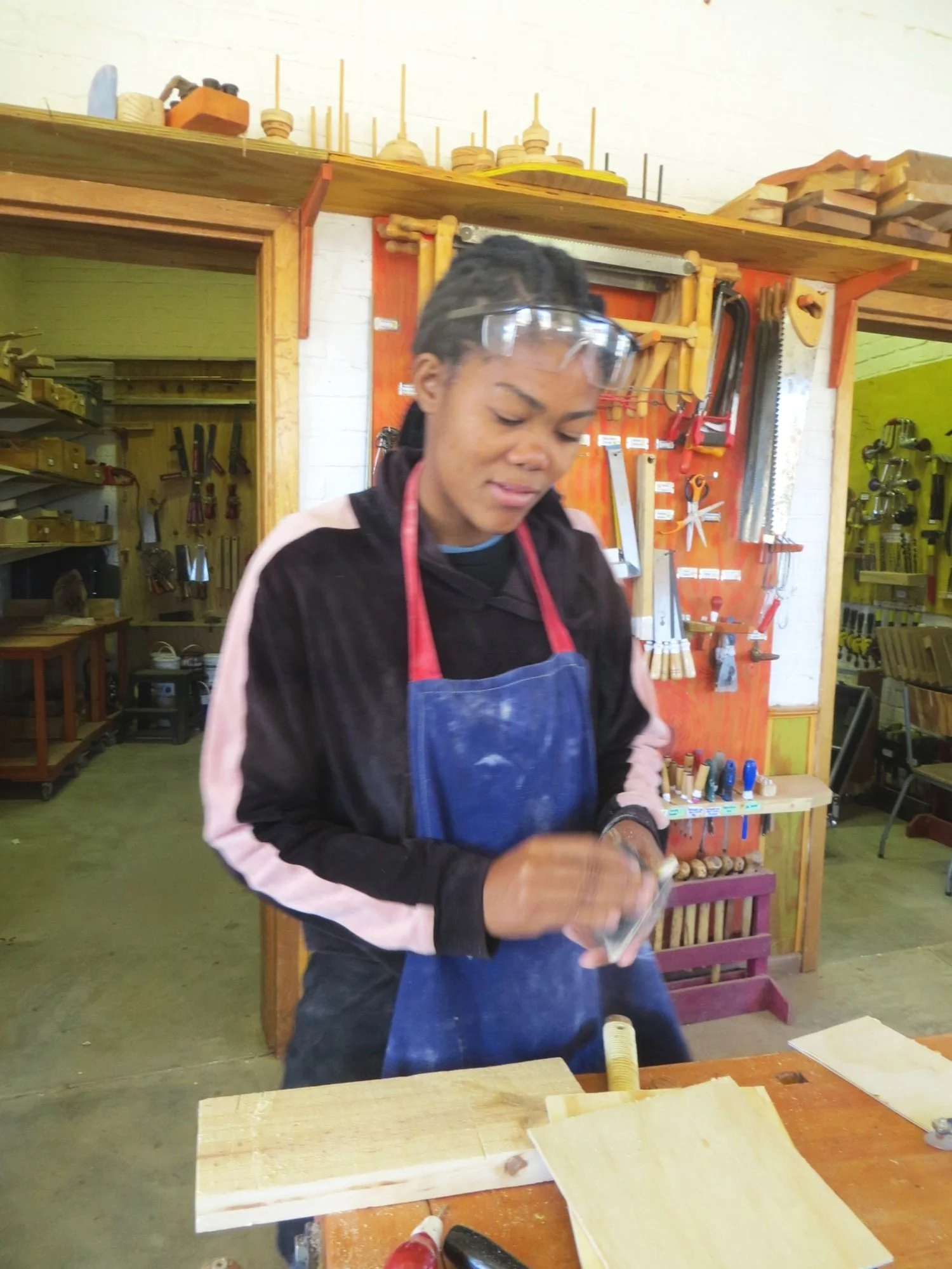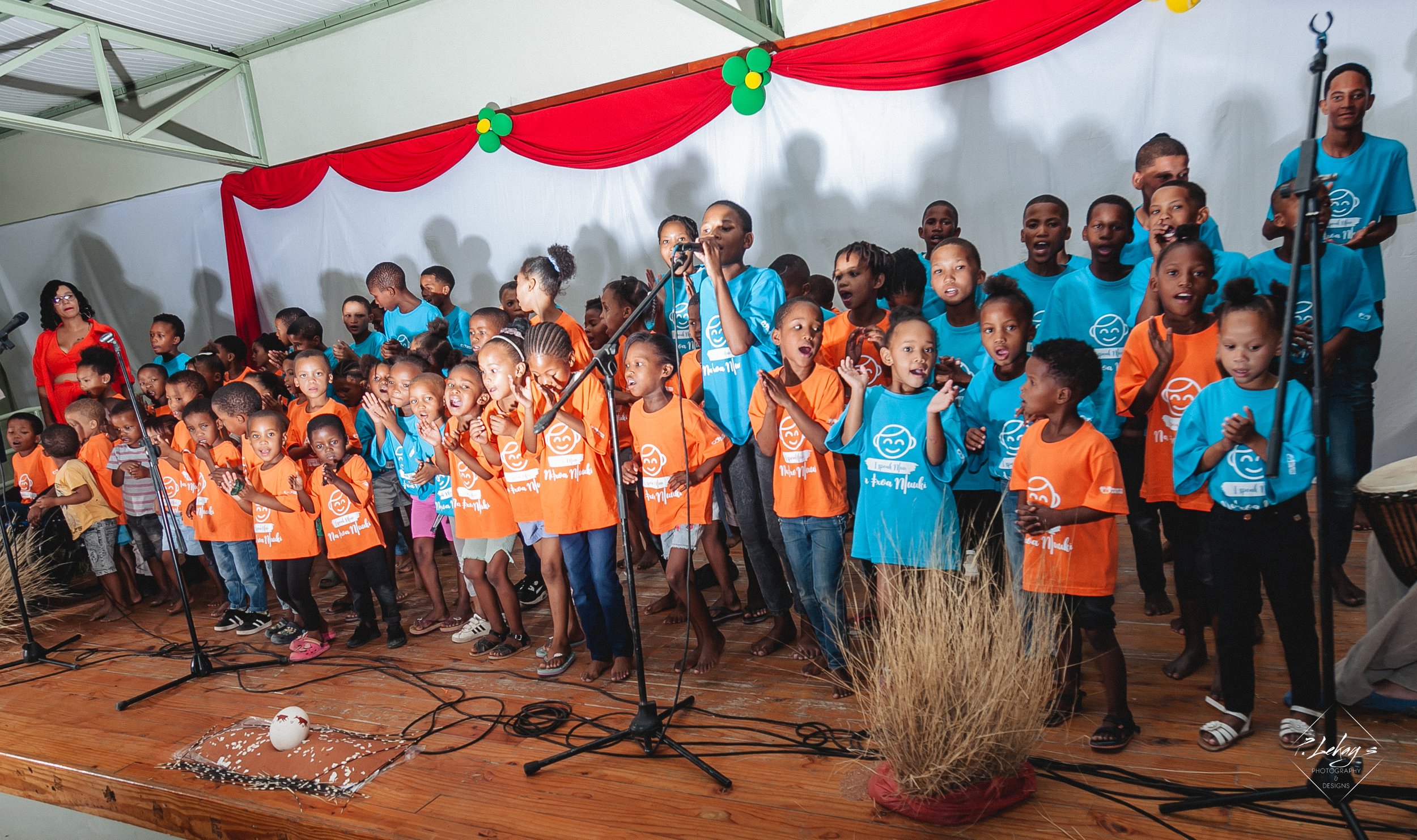Namibia
Since 2019, Palms for Life has invested over $12 million in long-term social development across Namibia, focusing on marginalized communities—particularly the San—in regions including Kavango East and West, Oshikoto, Omaheke, Otjozondjupa, and Omusati.
Background
Namibia is one of the world’s most unequal countries, 2nd only to South Africa (2019). San and Nama communities are heavily affected by this inequality. The highest incidence of multidimensional poverty is reported amongst the population whose main language is Khoisan (93%; National Statistics Agency survey, 2021).The San population includes many groups: Ju|’hoansi, !Xun (or !Kung), Hai||om, Naro, Khwe or !Xoon. Widespread poverty among the San is attributable to interrelated, partly conditional factors, including:
Lack of access to land/lack of secure land tenure;
Limited post-settlement support/lack of access to productive assets;
Very low levels of education;
Discrimination and culture; and
Limited political representation, participation and consultation
*Dots on map indicate main areas of investment
Early Childhood Development (ECD)
PFL has built 10 state-of-the-art ECD Centers in San communities, with more underway. Each center provides Montessori teacher training, daily meals, child-friendly sanitation, age-appropriate toys, digital tools, and safe, engaging classrooms. The ECDs are managed and maintained in partnership with government.
To preserve San heritage, the ECDs emphasize mother tongue instruction, with elders (Oumas and Oupas) actively supporting cultural learning. These Centers also serve as hubs for vegetable gardening, micro-scale income generation (thanks to electricity, ie, cell phone charging services), and adult education. They are sincere hubs for social development.
Vocational Training & Youth Empowerment
In partnership with COSDEF (the Namibia Community Skills Development Foundation), PFL supports Namibia’s largest vocational training initiative, supporting over 1,200 youth with a unique preparatory course for TVET (vocational training), followed by vocational skills training. This program includes internship components and job placements, whenever possible.
PFL also trains San youth in hospitality to boost tourism-sector employment and supports youth in Tsintsabis to produce educational toys for ECD Centers nationwide—combining skills training with entrepreneurship.
Food Security
Vegetable gardens at the new ECDs contribute toward nutritional health of hundreds of children. PFL also supports household and clinic-based emergency food relief, serving over 2,200 households/patients at clinics. PFL also supports periodic, short-term food security interventions to help with immediate needs, for most marginalized groups.
Health & Wellbeing
PFL addresses root causes of social and environmental vulnerability through local action. Key initiatives include alcohol and substance harm reduction, litter cleanup drives, water access through boreholes, and affordable health outreach in underserved areas. In Tsumkwe, PFL has also launched a Clean-Up Campaign; this campaign provides youth with food for work and serves to benefit the environment and community health.
You can enjoy a special jingle created by our talented youth to celebrate their work and commitment.
Bridging the Digital Divide
With the support of Wanderport, PFL installed internet at 9 ECDs and 8 schools, enabling children and community access to connectivity, alongside interactive learning devices.
Language, Culture and Knowledge
PFL believes in the important work of language revitalization and preservation. To contribute toward the International Decade of Indigenous Languages, PFL facilitated the development of an Action Plan to promote mother tongue and indigenous language learning materials, in collaboration with UNESCO.


